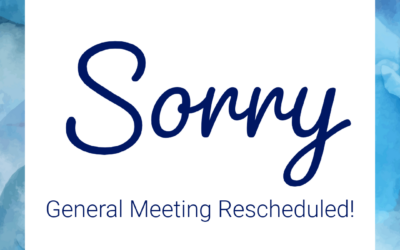The holidays and the pandemic can be a painful combination.
Google “holidays and depression,” and you get 4.5 million hits. I have not read them all. Many people feel that the holidays increase stress and anxiety, and that and the fact that it’s even harder to get everything done during the holidays may make us feel like failures.
Now add the stress of ongoing COVID concerns and the isolation many of us have experienced over the past 2 years, and you have a recipe for disaster. That’s why a discussion of COVID/holiday depression belongs in a series on the pandemic.Many who live alone report envy of their paired-up comrades increasing during the holidays. For many (in a usual year), invitations to celebrate with friends or relatives make things better. When those contacts become few and far between, the envy and the discomfort increase, and that’s happened in spades during the pandemic.

Now Google “COVID and depression,” and you’ll get “only” 3.1 million hits. COVID has caused a huge increase in depression by two mechanisms, one relatively uncommon and the other quite frequent. The less common one is a direct effect on the brain of some of those who have contracted the virus, as more than 300,000 New Mexicans have. According to a recent article in WebMD, half of those who have been infected report symptoms of depression several months later.
The same WebMD article lists more-common indirect causes of depression: trauma from a widespread disease, fear of getting sick, grief from losing a loved one or from the loss of life in general, physical distancing and the lack of socializing, financial concerns (unemployment, housing insecurity), loss of community, and less access to caregivers.
Mental health care providers report being overwhelmed with patients reporting anxiety and depression over the past months. Their caseloads are likely to increase over this “most wonderful time of the year.”
We may have seen the end of another peak of infection–New Mexico’s case count has fallen 31% over the past 2 weeks, according to The New York Times. But the effect of the Omicron variant is still to be fully felt–research on its spread, severity, and susceptibility to control measures is still in its early stages.
In the meantime, here are some condensed suggestions from the Mayo Clinic on what we can do for ourselves and others to minimize mental health effects of the pandemic during the holidays, or the holidays during the pandemic:
- Acknowledge your feelings. If someone close to you has recently died or you can’t be with loved ones for other reasons, realize that it’s normal to feel sadness and grief.
- Reach out. If you feel lonely or isolated, seek out community, religious or other social events or communities. If you’re feeling stress during the holidays, it also may help to talk to a friend or family member about your concerns. Try reaching out with a text, a call, or a video chat.
- Be realistic. The holidays don’t have to be perfect or just like years past.
- Set aside differences. Try to accept family members and friends as they are, even if they don’t live up to all of your expectations. Chances are they’re feeling the effects of holiday stress and depression, too.
- Stick to a budget.
- Plan ahead. Set aside specific days for shopping, baking, connecting with friends and other activities
- Learn to say no. Saying yes when you should say no can leave you feeling resentful and overwhelmed. Friends and colleagues will understand if you can’t participate in every project or activity.
- Don’t abandon healthy habits. Don’t let the holidays become a free-for-all.
- Take a breather. Make some time for yourself. Find an activity you enjoy.
- Seek professional help if you need it. Despite your best efforts, you may find yourself feeling persistently sad or anxious, plagued by physical complaints, unable to sleep, irritable and hopeless, and unable to face routine chores. If these feelings last for a while, talk to your doctor or a mental health professional.
If you’re feeling severely depressed or suicidal, call the National Suicide Prevention Lifeline at 800-273-8255.



